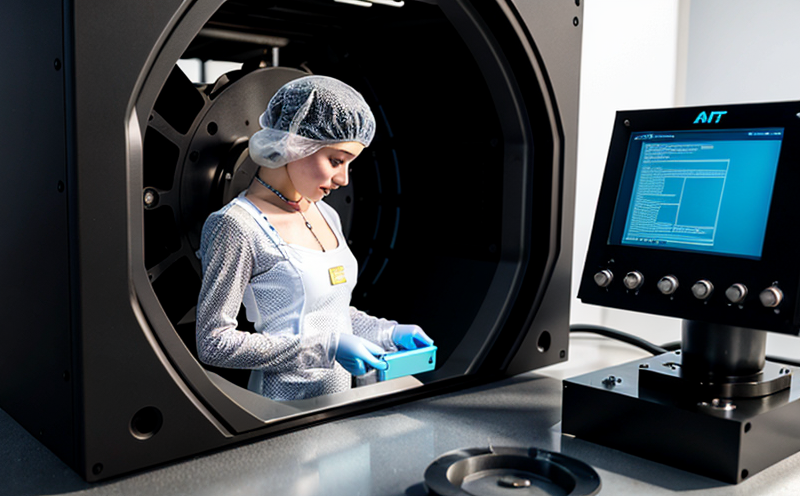ASTM F3184 Process Validation for Directed Energy Deposition (DED)
The ASTM F3184 standard provides a framework for the process validation of additive manufacturing (AM) processes, including directed energy deposition (DED). This service focuses on validating DED processes to ensure that they consistently produce parts with the desired properties and performance characteristics. The validation process includes a comprehensive set of tests designed to evaluate the repeatability, reproducibility, and reliability of the DED process.
The ASTM F3184 standard defines process validation as the demonstration and documentation of a process’s ability to consistently produce parts meeting specified requirements over time. This service ensures that the DED process meets these requirements by conducting rigorous tests on various parameters such as laser power, scan speed, powder feed rate, and cooling rates.
The testing process involves several steps. First, we establish baseline conditions for the DED process. This includes selecting appropriate raw materials, setting initial process parameters, and defining the acceptance criteria based on ASTM F3184 standards. Next, we conduct a series of tests to evaluate the repeatability and reproducibility of the process. These tests are designed to ensure that the process produces consistent results across multiple runs.
Following the baseline testing, we introduce small variations in the process parameters to observe how they affect the final product. This step is crucial for identifying any critical process variables that can impact the quality and performance of the parts produced by the DED process. Once these critical variables are identified, we set control limits to ensure that future runs stay within acceptable ranges.
The ASTM F3184 standard also emphasizes the importance of statistical process control (SPC) in maintaining process consistency. SPC involves using statistical methods to monitor and control a process to ensure it operates efficiently and produces parts meeting specified requirements. Our service includes training customers on implementing SPC techniques, which helps them maintain consistent part quality over time.
In addition to the technical aspects of DED process validation, we also provide guidance on regulatory compliance. This is crucial for companies in highly regulated industries such as aerospace, automotive, and medical devices. By ensuring that the DED process meets all applicable standards and regulations, our service helps customers avoid costly delays and penalties.
To summarize, ASTM F3184 process validation for directed energy deposition (DED) involves a series of tests designed to evaluate the repeatability, reproducibility, and reliability of the DED process. This service ensures that the process produces parts meeting specified requirements consistently over time. By following this rigorous testing protocol, companies can maintain consistent part quality and comply with relevant standards and regulations.
Table 1: Test Parameters for ASTM F3184 Process Validation
| Parameter | Description |
|---|---|
| Laser Power | The amount of power delivered by the laser during the DED process. |
| Scan Speed | The speed at which the laser scans across the build area. |
| Powder Feed Rate | The rate at which powder is fed into the DED process. |
| Cooling Rates | The rate at which the part cools after the DED process is complete. |
Table 2: Acceptance Criteria for ASTM F3184 Process Validation
| Parameter | Description |
|---|---|
| Mechanical Properties | The mechanical properties of the parts produced by the DED process should meet or exceed specified requirements. |
| Surface Finish | The surface finish of the parts should be within acceptable limits as defined in ASTM F3184. |
| Dimensional Accuracy | The dimensions of the parts should be within specified tolerances to ensure proper fit and function. |
Competitive Advantage and Market Impact
- Ensures consistent part quality across multiple production runs, leading to higher customer satisfaction.
- Reduces the risk of product failures due to inconsistent process performance, resulting in increased reliability.
- Promotes regulatory compliance, allowing companies to operate in highly regulated industries without fear of penalties or delays.
- Provides a competitive edge by demonstrating a commitment to quality and process control, which can enhance brand reputation.
Use Cases and Application Examples
- Aerospace manufacturers use DED for producing complex components that require high strength-to-weight ratios.
- Automotive companies leverage DED for producing prototypes and tools with intricate designs.
- Medical device firms apply DED to create customized implants and surgical instruments tailored to individual patient needs.
Frequently Asked Questions





